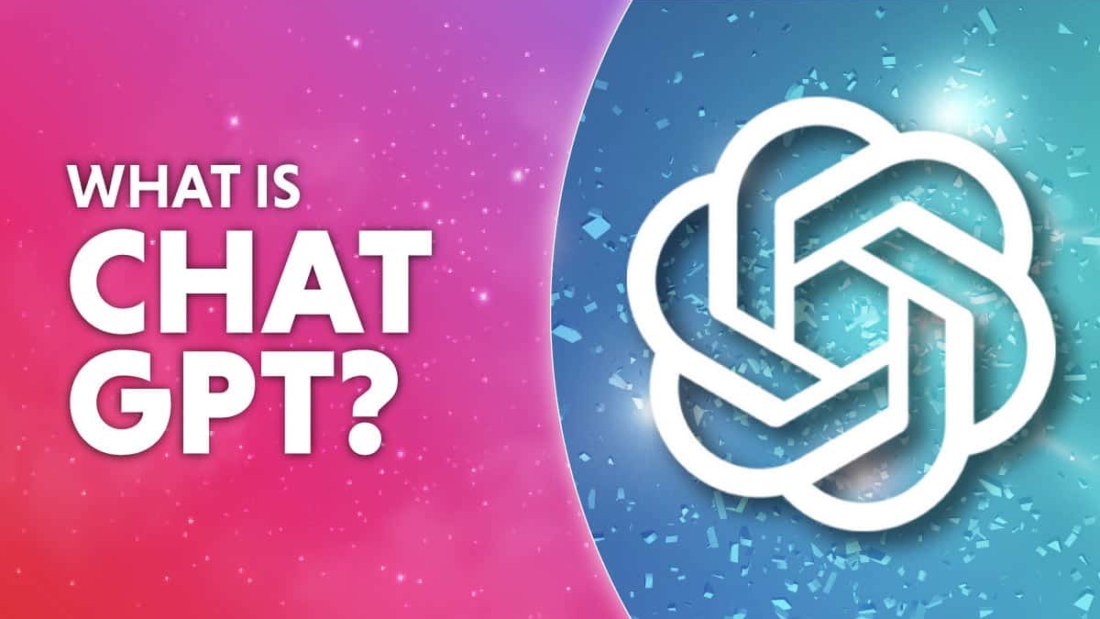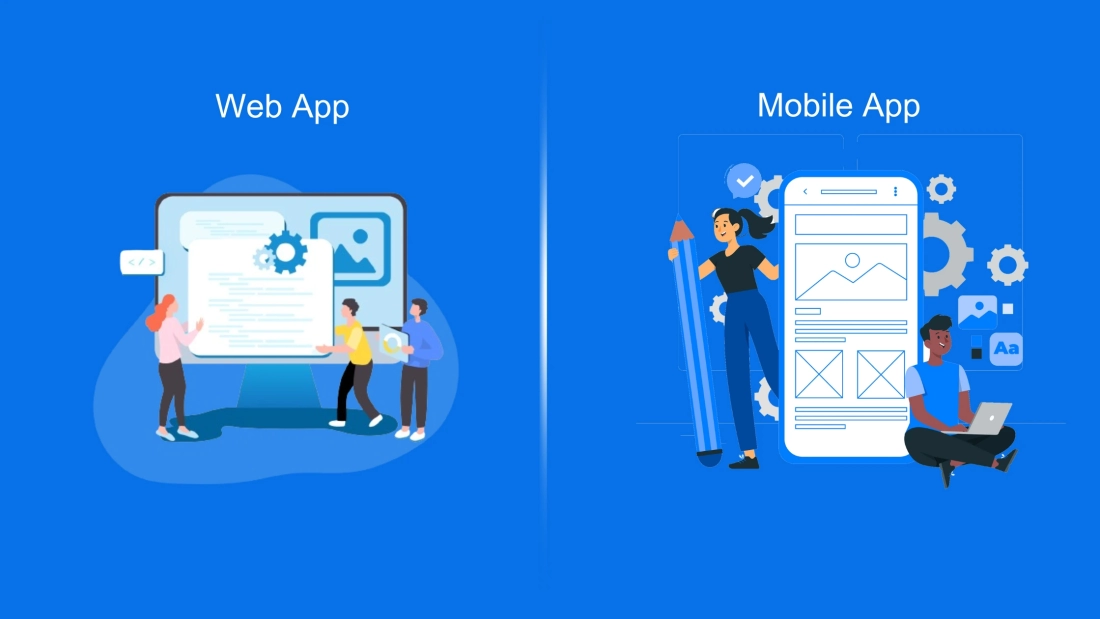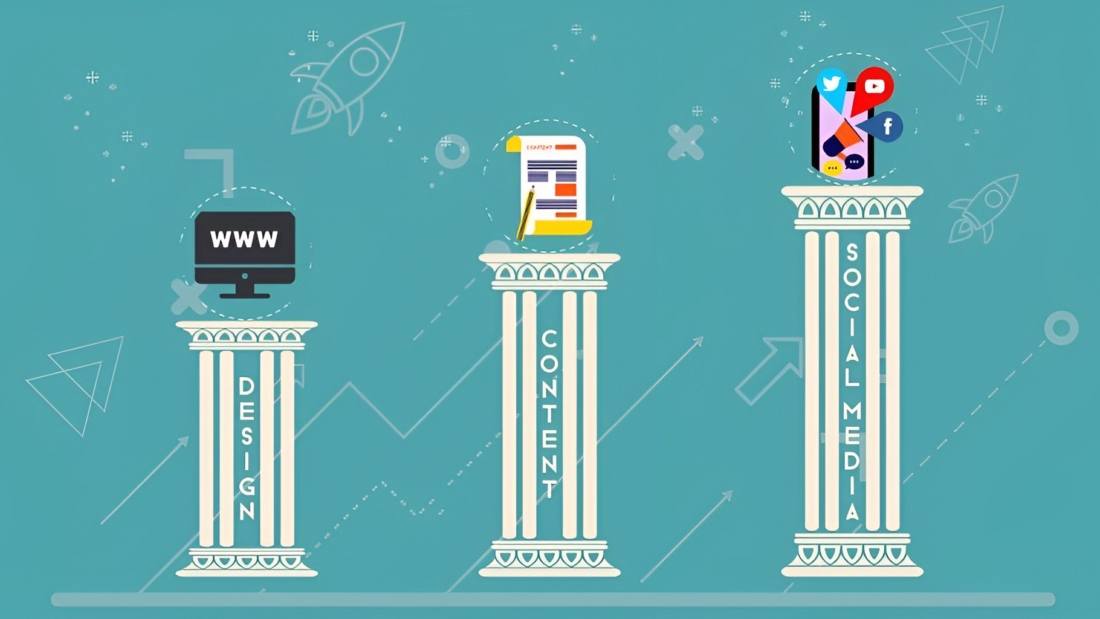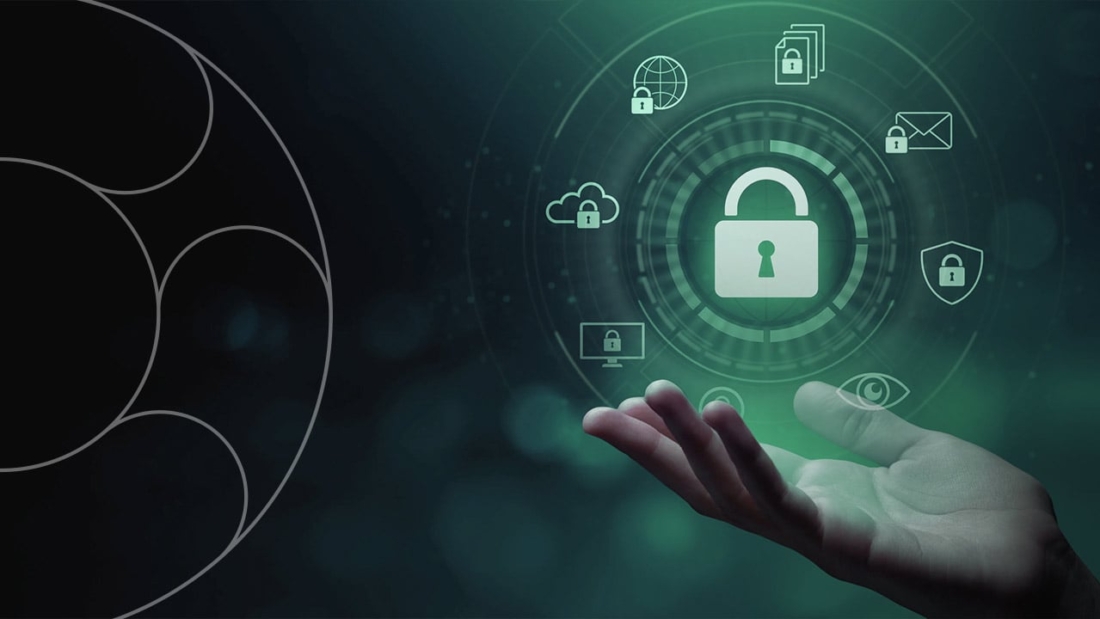If you still think ChatGPT is “just another chatbot,” you’re missing the biggest leap in digital intelligence since the internet itself.
Whether you’re a student, business owner, marketer, or tech-curious executive — understanding ChatGPT is no longer optional. It’s the future of productivity, content creation, problem-solving, and even code generation.
In this guide, we break down exactly what ChatGPT is, how it works, and why it matters — especially for beginners.
💬 What is ChatGPT?
ChatGPT is an advanced Artificial Intelligence (AI) language model developed by OpenAI. It uses a type of AI called Generative Pre-trained Transformer (GPT) to understand and generate human-like text.
In simpler terms:
➡️ You type a question or prompt.
➡️ ChatGPT reads it, understands it, and responds like a very smart human.
But ChatGPT isn’t just answering questions. It can write emails, create social media content, explain complex topics, brainstorm ideas, debug code, translate languages, draft legal templates, write essays, and even tutor you in physics.
And it doesn’t get tired. Ever.
🚀 Why Is ChatGPT a Big Deal?
ChatGPT is one of the most widely adopted AI tools in history. In just 2 months after its public launch, it reached 100 million users — faster than TikTok or Instagram.
Here’s why:
- It’s user-friendly – You don’t need to be technical to use it.
- It’s versatile – From resumes to recipes, it does it all.
- It’s always learning – Trained on billions of texts from the internet.
- It saves time – Complex work done in seconds.
🧠 How Does ChatGPT Work?
At its core, ChatGPT is trained on a massive dataset of books, websites, and conversations — allowing it to predict what word should come next in a sentence. That’s how it generates intelligent responses.
You ask:
“What are the benefits of remote work?”
It analyzes the structure of your sentence, understands your intent, and pulls from its training data to give a relevant, readable answer.
The latest version — ChatGPT-4 — is even smarter. It can understand context better, generate longer responses, and handle more complex tasks.
💼 Real-World Uses of ChatGPT
ChatGPT isn’t just for fun or tech geeks. It’s being adopted across industries:
🧑💼 Business
- Drafting emails, reports, and proposals
- Creating pitch decks and marketing copy
- Summarizing meetings and research
- Automating repetitive tasks
📚 Education
- Explaining difficult concepts in simple words
- Tutoring students in subjects like math or science
- Generating study guides and flashcards
🧑🎨 Creative Work
- Writing stories, blogs, and scripts
- Brainstorming names, slogans, and brand ideas
- Generating lyrics, poetry, or jokes
👩💻 Software Development
- Writing and debugging code
- Explaining complex programming concepts
- Documenting APIs and workflows
And the list keeps growing.
🛑 Common Myths About ChatGPT
Myth 1: It replaces humans.
Truth: It assists humans. Think of it as your super-smart digital coworker.
Myth 2: It’s always right.
Truth: ChatGPT is powerful, but not perfect. It can sometimes generate plausible but incorrect information. Always verify critical data.
Myth 3: It requires coding knowledge.
Truth: Anyone who can write a sentence can use ChatGPT.
💡 Tips for Beginners
✅ Be Specific with Prompts
Don’t just ask, “Write a blog post.” Try:
“Write a 300-word blog on AI in education, in a casual tone.”
✅ Use Follow-Up Prompts
ChatGPT remembers your thread. You can refine your request:
“Make that more persuasive.”
“Add bullet points.”
“Make it SEO-friendly.”
✅ Try Different Use Cases
Explore areas like content writing, brainstorming, productivity, and language learning to get the most out of it.
🤝 Is ChatGPT Free?
Yes — there’s a free version (ChatGPT 3.5) available to everyone.
A paid version (ChatGPT-4) offers more advanced features, faster performance, and higher accuracy.






